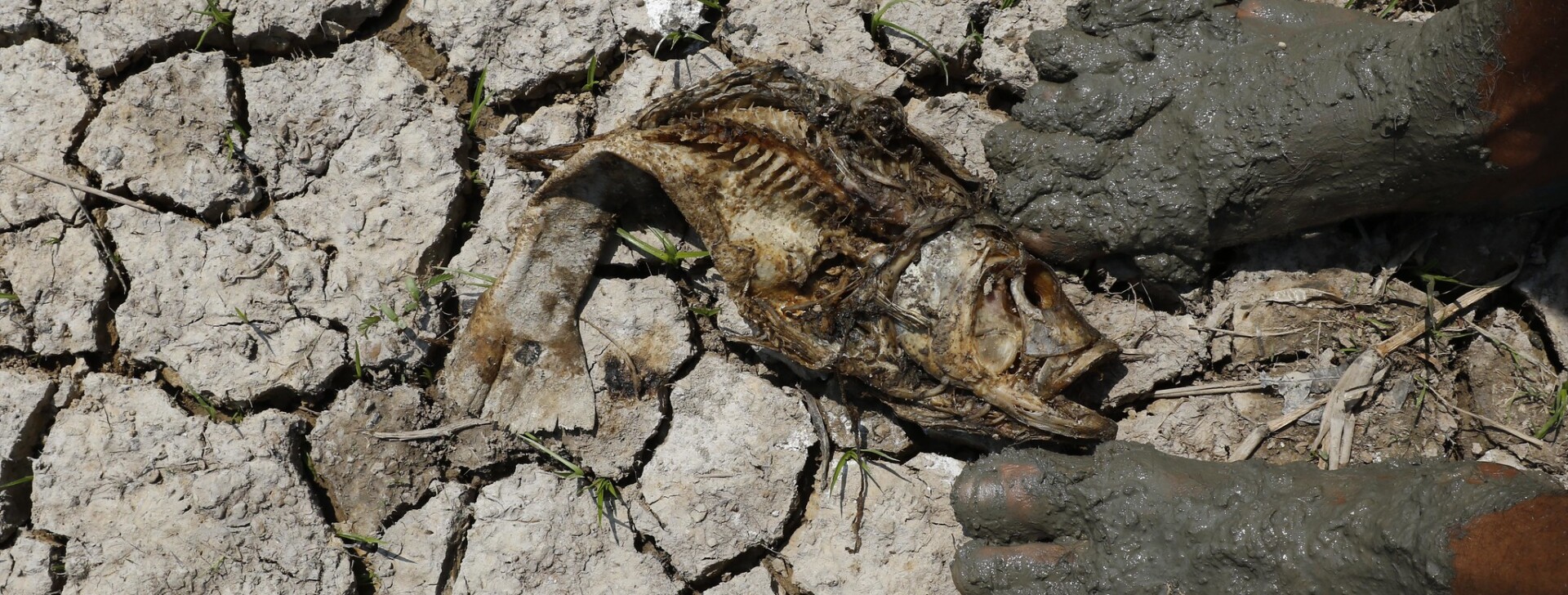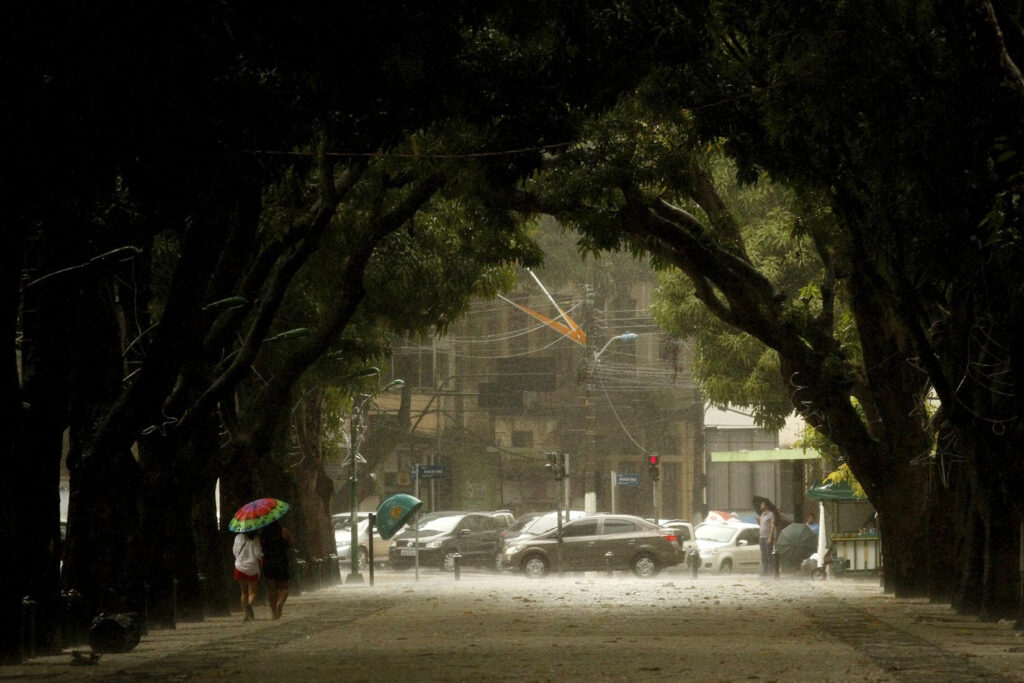Climate crisis could create a shortfall of US$ 339 billion per year
04 de November de 2025

Fred Santana – From Cenarium
MANAUS (AM) – A shortfall of up to US$ 339 billion per year threatens global climate adaptation efforts. The warning comes from the new “Adaptation Gap Report 2025”, released by the United Nations Environment Programme (Unep) on Wednesday, October 29, and launched to inform negotiations at the United Nations Climate Change Conference 2025 (COP30) in Belém (PA).
The document highlights a growing gap between the funds available and what developing countries need to face the impacts of global warming. The study analyzes data from 2019 to 2023 and projects financial needs through 2035, revealing that current investments fall far short of what is required.
According to the report, developing nations will need between US$ 310 billion and US$ 365 billion per year by 2035 to adapt to climate change. In contrast, international public financing for adaptation reached only US$ 26 billion in 2023. The difference creates an annual gap of US$ 284–339 billion, a shortfall that threatens the fulfillment of international climate commitments.
Planning advances, but funding falls short
The report shows progress in adaptation planning: 172 countries already have some form of national policy or plan focused on climate adaptation. The initiatives recorded include measures in sectors such as agriculture, biodiversity, water resources, and infrastructure.
Despite these advances, Unep warns that many actions remain at preliminary stages, such as studies, capacity building, and the development of information systems. “Countries are planning, but the money needed to turn plans into tangible results has not yet arrived,” the document stresses.
The authors also point to a lack of data on measurable results and impacts. In other words, even where actions are underway, there is still insufficient evidence that adaptation is effectively strengthening vulnerable communities and ecosystems.

International funding stagnates as debt rises
The Adaptation Gap Report 2025 notes that the volume of international public funding for adaptation is stagnant or declining, contradicting the commitment made under the Glasgow Agreement to double adaptation finance by 2025, which would amount to about US$ 40 billion per year.
Part of this reduction is due to decreased participation of multilateral development banks, which have been cutting their investments in adaptation projects. The report also warns of changes in the composition of financial instruments: there has been an increase in loan- and debt-based operations, including non-concessional loans, instead of grants and subsidies.
This trend is concerning, according to Unep, which warns of the risk of worsening debt burdens in the poorest and most vulnerable countries. “It is essential that adaptation finance does not increase debt pressure,” the document reinforces, calling for greater use of grants and concessional mechanisms.
Private sector fails to fill the gap
The report estimates that the private sector could contribute around US$ 50 billion per year in adaptation investments, a significant increase from the current US$ 5 billion. However, even with this growth, the volume would still fall far short of covering the global shortfall.
Moreover, Unep notes that private financing tends to concentrate in middle-income countries and sectors with clearer financial returns, such as infrastructure and commercial agriculture. The challenge, the document emphasizes, is ensuring that funds also reach the most vulnerable regions and communities, where climate impacts are most severe and financial returns most uncertain.
The report suggests that countries adopt innovative mechanisms to mobilize resources without increasing debt and integrate climate resilience into the decisions of the global financial system, including central banks, credit agencies, and institutional investors. “A joint and urgent effort will be needed to close the financing gap and ensure fair and effective adaptation,” the report concludes.


